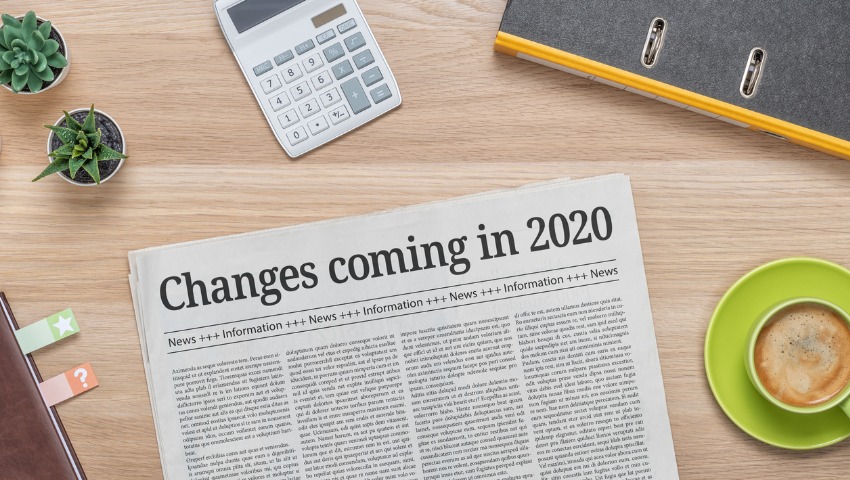The new year brings a clean slate, resolutions and…new laws. While celebrations erupted worldwide for the start of the new year and a new decade, new rules also went into effect. In some states and cities, minimum wage is up and in others, plastic bags are out, but here are a few changes that will have a material impact on planners and the events and meetings industry.
CCPA & Data Privacy
The strictest data privacy law took in the United States went effect on the Jan. 1. The United States is “catching up” to GDPR, and this law was even dubbed “GDPR’s Mini-Me.”
With the California Consumer Privacy Act (CCPA) in place, companies have limited time to get a handle on the customer information they have. Not adapting to the law puts companies at risk of not only being fined, but loss of brand reputation and consumer trust—which are immeasurable. A six-month grace period from enforcement will allow businesses to adapt appropriately to the new CCPA law. It will also allow for “fine-tuning of the law based on public comments received in the state’s formal review period.”
Related: Is Your Business CCPA Ready?
The primary targets of the law are companies with more than 50,000 annual customers, those acquiring more than $25 million per year and those gaining 50 percent of revenue by selling customer information. Companies fitting said description will have to disclose personal information obtained, allow the deletion of data and abide by customer refusal to have personal data sold to third-party companies. California is leading the way, but many states may soon follow suit.
Enhanced Identification
The clock is ticking for domestic travelers who use their driver’s license for their form of identification at the airport. As of Oct. 1, travelers wanting to board via their driver’s license must have one that complies with the Real ID Act. States are required to check an applicant’s records to verify identity before issuing the new licenses, which have a star on the upper right-hand corner and incorporate features making them harder to be forged.
More Pro-Marijuana States
Illinois 21-year-olds can now buy and possess marijuana for recreational use. Under the law, Illinois residents will be able to purchase and possess 30 grams of cannabis, five grams of cannabis concentrate and cannabis-infused products containing no more than 500 milligrams of THC. People who don’t live in Illinois can buy half of each of those amounts. Illinois is the 11th state to pass laws allowing for the recreational use of marijuana. Restaurants, breweries, spas and consumer brands all over the country are embracing CBD, and it doesn’t seem like the trend will slow anytime soon.
Similarly, Nevada will become the first state to bar employers from refusing to hire candidates for testing positive for marijuana in drug screening tests. While a few lines of work are exempt from the law—like drivers, EMTs, firefighters and anyone else whose use of the substance could put lives at risk—the law is meant to combat employment discrimination in the state, where marijuana is legal for both medicinal and recreational use. It has also inspired other cities and states to amend their legislation.




